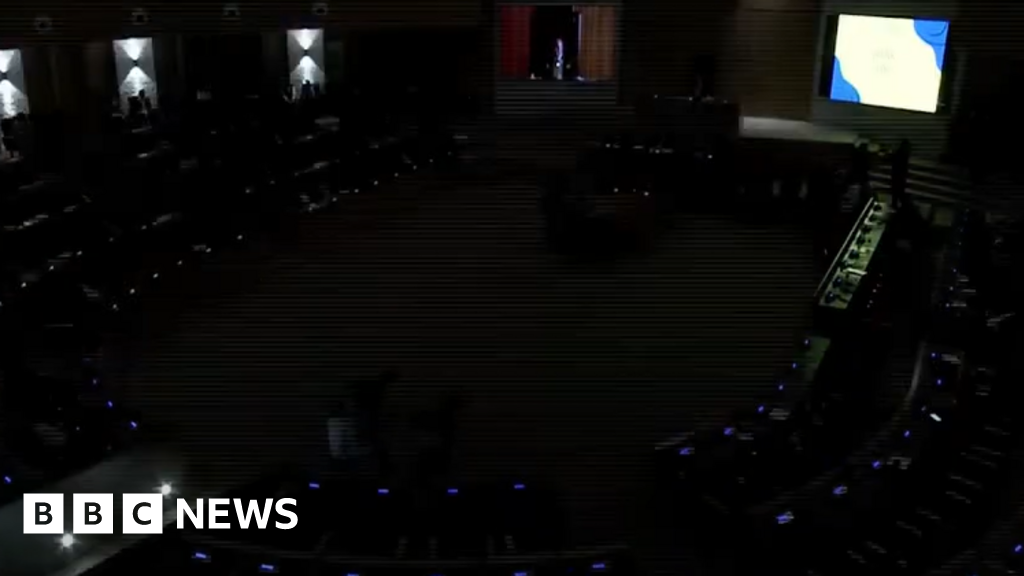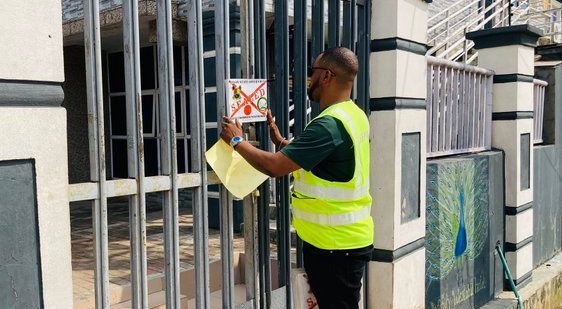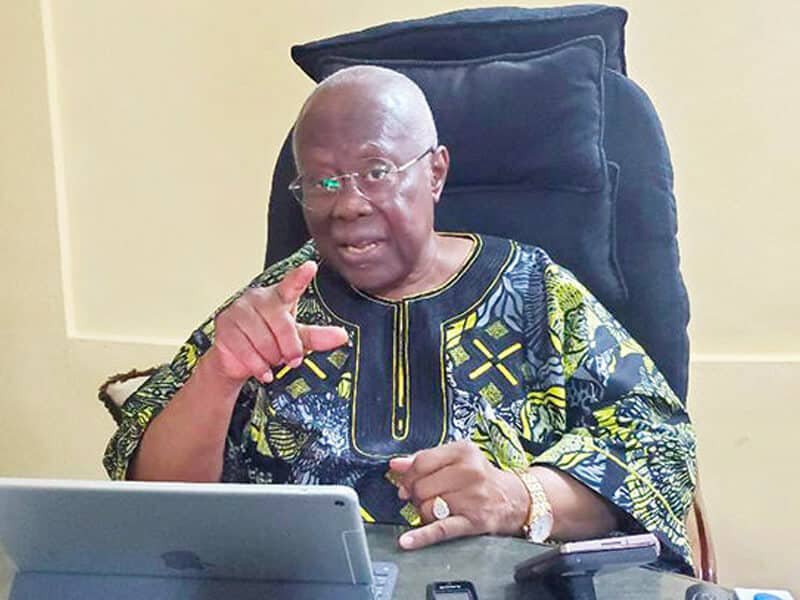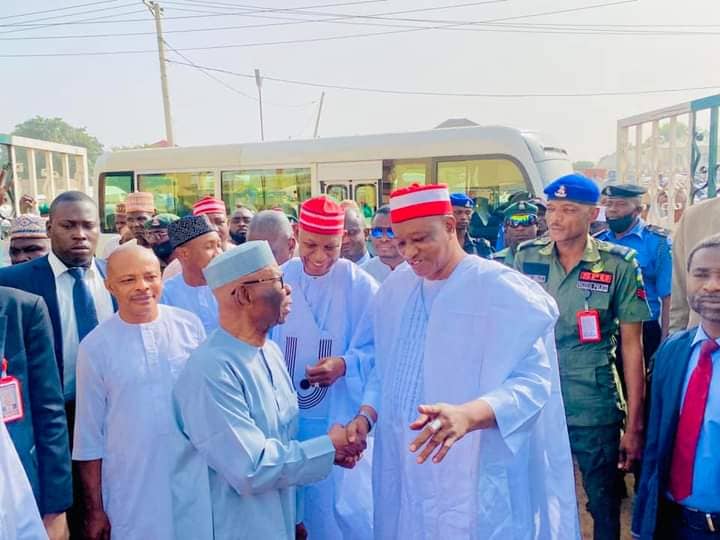The ongoing rivalry between Senators Aliyu Magatakarda Wamakko and Ibrahim Lamido is deepening, with Sokoto’s traditional rulers increasingly drawn into the conflict.
Both senators are locked in a struggle for control over Sokoto’s All Progressives Congress (APC), with Wamakko established as the party’s figurehead and political mentor to the current governor, while Lamido seeks to challenge his influence.
This political feud has not only split Sokoto’s political scene but is now visibly affecting traditional institutions.
Daily Trust reports that prominent figures among traditional rulers have aligned with either Wamakko or Lamido, intensifying divisions within the APC.
Lamido’s faction has even threatened to restructure the party’s leadership to “rescue” it from Wamakko’s dominance.
According to Hon. Sani Yakubu Gudu, spokesperson for Lamido’s group, their campaign has garnered extensive support across traditional rulers, former commissioners, advisers, and legislators.
This sentiment became evident when 19 traditional leaders, including the District Head of Sabon Birni, Alhaji Abdullahi Muhammad Bawa, resigned their posts to support Lamido, citing concerns about governance and local welfare.
Notably, Bawa’s resignation underscores growing dissatisfaction, as he expressed loyalty to Lamido, whom he views as more attuned to the needs of the people.
Other leaders have echoed this shift, aligning with Lamido as they voice frustrations over government inaction on crises affecting local communities, including security and disaster relief.
One of the prominent figures among the resignations, Alhaji Lauwali Shuaibu, the ward head of Taka-Tsaba, highlighted Lamido’s support for the welfare of traditional communities as the driving force behind their loyalty.
“Lamido has shown consistent support in times of crisis, such as bandit attacks and natural disasters, which has won him our respect and allegiance,” he told journalists on Sunday.
Shuaibu said this support has compelled many traditional rulers to resign their official titles in favour of backing Lamido politically.
“Our villages have been ignored for too long. With Lamido, we see someone who actually listens to us,” Shuaibu added.
Echoing this sentiment, Alhaji Jamilu Gwanda Gobir, who resigned as Ubandoma of the Sarkin Gobir, explained that 10 traditional leaders joined him in stepping down.
“We want to support Lamido in the coming elections. This is our way of repaying him for his commitment to our communities,” he said.
“The neglect of our district is finally being recognised by someone willing to address it,” Gobir added
The murder of former Sarkin Gobir, Alhaji Isa Muhammad Bawa, by bandits has also fueled resentment toward the Wamakko-led faction, with analysts suggesting that it could sway local support away from the APC in the next election.
This sentiment has been further stoked by perceived neglect of the Sabon Birni district in power-sharing arrangements, adding weight to Lamido’s appeal.
Commentators warn that involving traditional rulers in political rivalries could destabilize the region.
Professor Bello Bada of Usmanu Danfodiyo University has cautioned that the politicization of Sokoto’s traditional institutions could undermine the region’s stability and democratic integrity, stressing that development, rather than political division, is what Sokoto needs.
Despite these developments, APC’s state chairman, Alhaji Isa Sadiq Achida, has downplayed Lamido’s impact, dismissing recent resignations as isolated cases influenced by personal factors rather than political loyalty.
Achida insists that the APC’s governance record will secure continued support.

 4 weeks ago
30
4 weeks ago
30















 English (US) ·
English (US) ·